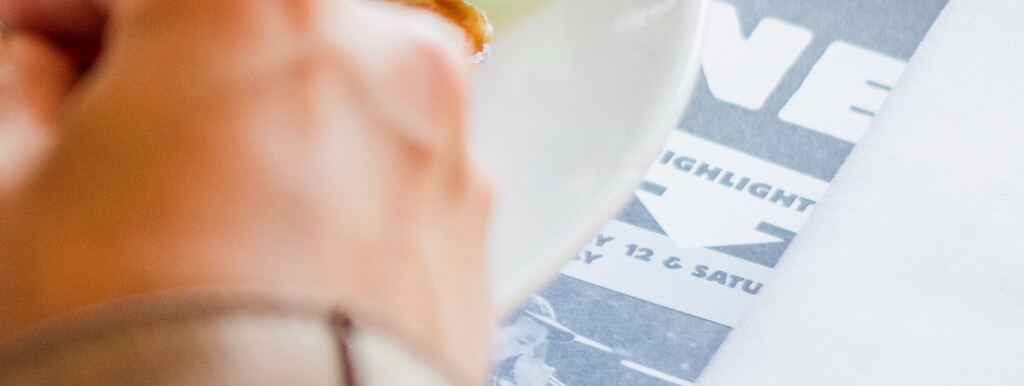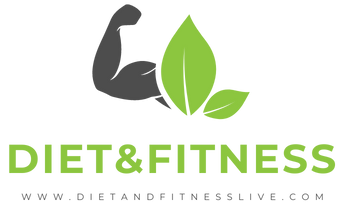
Losing weight is a common goal for many people, but with so many diets to choose from, it can be overwhelming to know where to start. If you’re looking for the fastest diet to help you shed pounds quickly, there are a few options to consider. However, it’s important to keep in mind that rapid weight loss may not be sustainable in the long-term and may not be the healthiest option for everyone. Here are some of the fastest diets to consider, along with their pros and cons.
- The ketogenic diet
- The Atkins diet
- The HCG diet
- The 5:2 diet
- The juice cleanse
- The cabbage soup diet
The ketogenic diet
The ketogenic diet is a high-fat, low-carbohydrate diet that has gained popularity in recent years. By drastically reducing carbohydrates and increasing fat intake, the body enters a state of ketosis, where it burns fat for fuel instead of glucose. This can lead to rapid weight loss, but it may also cause side effects such as fatigue, headaches, and constipation. Additionally, the long-term effects of the ketogenic diet are not well-known.
The Atkins diet
The Atkins diet is another high-fat, low-carbohydrate diet that has been around for decades. Like the ketogenic diet, it can lead to rapid weight loss, but it may also cause side effects such as constipation and bad breath. The Atkins diet encourages the consumption of protein and fat, which can be satisfying and keep you feeling full, but it may not be sustainable in the long-term.
The HCG diet
The HCG diet involves taking a hormone called human chorionic gonadotropin (HCG) and following a very low-calorie diet. The theory is that the hormone helps to suppress appetite and promote fat burning. While some people may experience rapid weight loss on the HCG diet, there is little scientific evidence to support its effectiveness. Additionally, the very low-calorie diet may lead to nutrient deficiencies and other health problems.
The 5:2 diet
The 5:2 diet involves eating normally for five days of the week and restricting calories to 500-600 for two non-consecutive days. This can lead to a calorie deficit and weight loss, but it may be difficult to stick to the low-calorie days. Additionally, some people may experience side effects such as headaches and irritability on the low-calorie days.
The juice cleanse
The juice cleanse involves consuming only fruit and vegetable juices for a period of time, typically three to seven days. This can lead to rapid weight loss, but it may also cause side effects such as headaches, fatigue, and dizziness. Additionally, the juice cleanse may not provide enough protein and other nutrients for optimal health.
The cabbage soup diet
The cabbage soup diet involves eating a low-calorie cabbage soup for several days, along with other low-calorie foods. This can lead to rapid weight loss, but it may also cause side effects such as flatulence and fatigue. Additionally, the cabbage soup diet may not provide enough nutrients for optimal health.
While these diets may lead to rapid weight loss, it’s important to keep in mind that sustainable weight loss requires a long-term lifestyle change. Eating a balanced diet that includes plenty of fruits, vegetables, lean protein, and whole grains, along with regular exercise, is the best way to achieve and maintain a healthy weight. If you’re considering a fast diet, be sure to talk to your healthcare provider first to make sure it’s safe for you.






